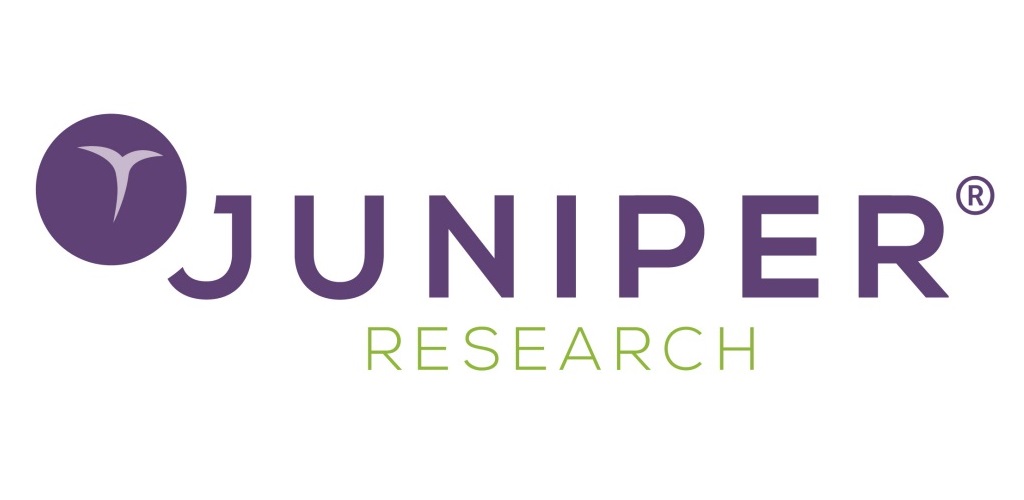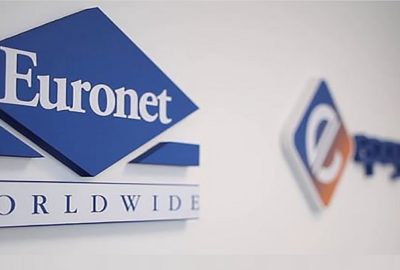European Commission goes after Visa Europe on credit card interchange fees
 August 2, 2012 – The European Commission says Visa Europe’s cross-border credit card interchange fees restrict competition between banks and infringe antitrust rules. In a supplementary statement, the Commission says that its preliminary view is that the Visa multilateral interchange fees (MIFs) for consumer credit cards violate its rules designed to stop cartels and restrictive business practices.
August 2, 2012 – The European Commission says Visa Europe’s cross-border credit card interchange fees restrict competition between banks and infringe antitrust rules. In a supplementary statement, the Commission says that its preliminary view is that the Visa multilateral interchange fees (MIFs) for consumer credit cards violate its rules designed to stop cartels and restrictive business practices.
It also „doubts” that Visa’s MIFs are „necessary to create efficiencies that benefit merchants and consumers” and could therefore be entitled to an exception from the rules.
 The supplementary statement is the latest stage in a lengthy battle that saw Visa slash its multilateral interchange fees for debit cards in late 2010 but refuse to back down credit cards. Visa can now make a written reply or ask for a hearing on the issue which could see fines imposed of up to 10% of turnover imposed for antitrust breaches,
The supplementary statement is the latest stage in a lengthy battle that saw Visa slash its multilateral interchange fees for debit cards in late 2010 but refuse to back down credit cards. Visa can now make a written reply or ask for a hearing on the issue which could see fines imposed of up to 10% of turnover imposed for antitrust breaches,
Responding to the new development, Peter Ayliffe, CEO, Visa Europe, says: „We are very disappointed that the Commission has taken such a confrontational approach and was not willing to find a solution to support investment and innovation in European payments for the benefit of European consumers and to allow European payments to compete globally.”
In May an EU court dismissed Visa rival MasterCard’s challenge against an EC ruling that the firm’s cross-border interchange fees for both credit and debit cards violated competition law.
Meanwhile, both card giants are facing interchange problems in the US: having agreed a $7.25 billion class action settlement with retailers earlier this month, several major merchants, including Walmart, have now come out against the plan.
Background
Visa’s credit and debit cards represent approximately 41% of all payment cards issued in the European Economic Area (EEA). Visa has the largest acceptance network within the EEA with over 5 million merchants accepting its payment cards. In 2010 a total of 35 billion card payments were made in the EEA, with a total value of €1800 billion.
Following the opening of proceedings in March 2008, the Commission sent Visa in April 2009 a Statement of Objections concerning multilateral interchange fees („MIFs”) for consumer debit and credit card transactions (see MEMO/09/151). Visa Europe offered commitments to cap its debit card MIFs at 0.20%, which the Commission made binding in December 2010 (see IP/10/1684). The proceedings regarding consumer credit MIFs continued.
Article 101 of the Treaty on the Functioning of the EU (TFEU) and Article 53 of the EEA Agreement prohibit cartels and restrictive business practices. Article 101(3) TFEU allows certain practices to be exempted from this prohibition on condition that they improve production or distribution or contribute to technical or economic progress, provided that a fair share of the benefits are passed on to consumers, and that the practices are proportionate and do not eliminate competition.
Procedure
A supplementary statement of objections is a formal step in EU antitrust investigations in which the Commission informs the parties concerned in writing of additional objections raised against them. The addressees can reply in writing, request a hearing and get access to the Commission’s case file.
The Commission may then take a decision on whether the conduct addressed in the supplementary statement of objections is compatible or not with EU antitrust rules.
EC – Press release
Brussels, 31 July 2012
Antitrust: Commission sends supplementary statement of objections to Visa
„The European Commission has informed Visa of additional concerns about possible violations of EU antitrust rules concerning multilateral interchange fees (MIFs) set by Visa. The so-called ‘supplementary statement of objections’ (SSO) relates to MIFs set by Visa for transactions with consumer credit cards in the European Economic Area (EEA). MIFs are an important part of the total cost that retailers must pay for accepting Visa’s consumer payment cards and establish a minimum price for retailers.
The Commission’s preliminary view is that these MIFs restrict competition between banks and infringe EU antitrust rules that prohibit cartels and restrictive business practices. At this stage, the Commission also doubts that Visa’s MIFs are necessary to create efficiencies that benefit merchants and consumers and could therefore be entitled to an exception from these rules. The sending of a supplementary statement of objections does not prejudge the outcome of the investigation.
Today’s SSO concerns all MIFs set directly by Visa in the EEA for transactions with consumer credit cards. These MIFs currently apply to all cross-border transactions in the EEA, as well as to domestic transactions in eight EU Member States (Belgium, Hungary, Ireland, Italy, Luxemburg, Malta, The Netherlands and Sweden). These inter-bank fees are paid by merchants’ banks (acquirers) to cardholders’ banks (issuers) for transactions with Visa’s consumer credit cards.
The Commission has reached the preliminary conclusion that MIFs reduce price competition between banks by creating an important cost element common to all acquirers. The Commission considers that Visa’s MIFs harm competition between acquiring banks, inflate the cost of payment card acceptance for merchants and ultimately increase consumer prices. The Commission’s analysis follows closely the judgment of the EU General Court of May 2012 in the MasterCard case, which fully upheld the Commission’s findings in this respect (case T-111/08).
Further, the Commission considers at this stage that the MIFs’ contribution to technical and economic progress, which could justify an exemption under Article 101(3) of the Treaty on the Functioning of the European Union (TFEU) has not been proven. Even if this were the case, the Commission considers that the Visa MIFs are not set in a way that would allow consumers to enjoy a fair share of such benefits. Moreover, the actual Visa MIFs do not appear to be indispensable to the attainment of the efficiencies claimed.
In addition, the Commission holds the preliminary view that rules obliging cross-border acquirers to pay MIFs applicable in the country of transaction hinder cross-border acquiring and maintain the segmentation of national markets. The Commission considers that this breaches EU antitrust rules and prevents merchants from benefiting from lower MIFs in other Member States.”
Dariusz Mazurkiewicz – CEO at BLIK Polish Payment Standard
Banking 4.0 – „how was the experience for you”
„To be honest I think that Sinaia, your conference, is much better then Davos.”
Many more interesting quotes in the video below:










